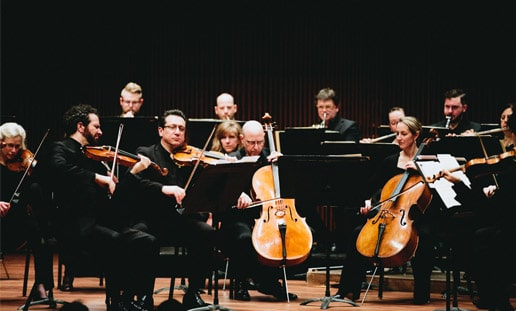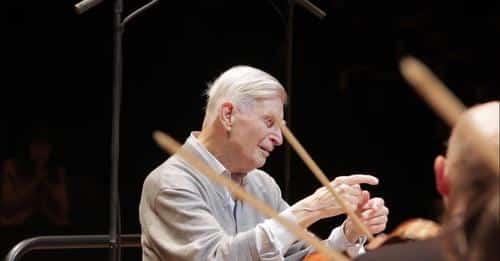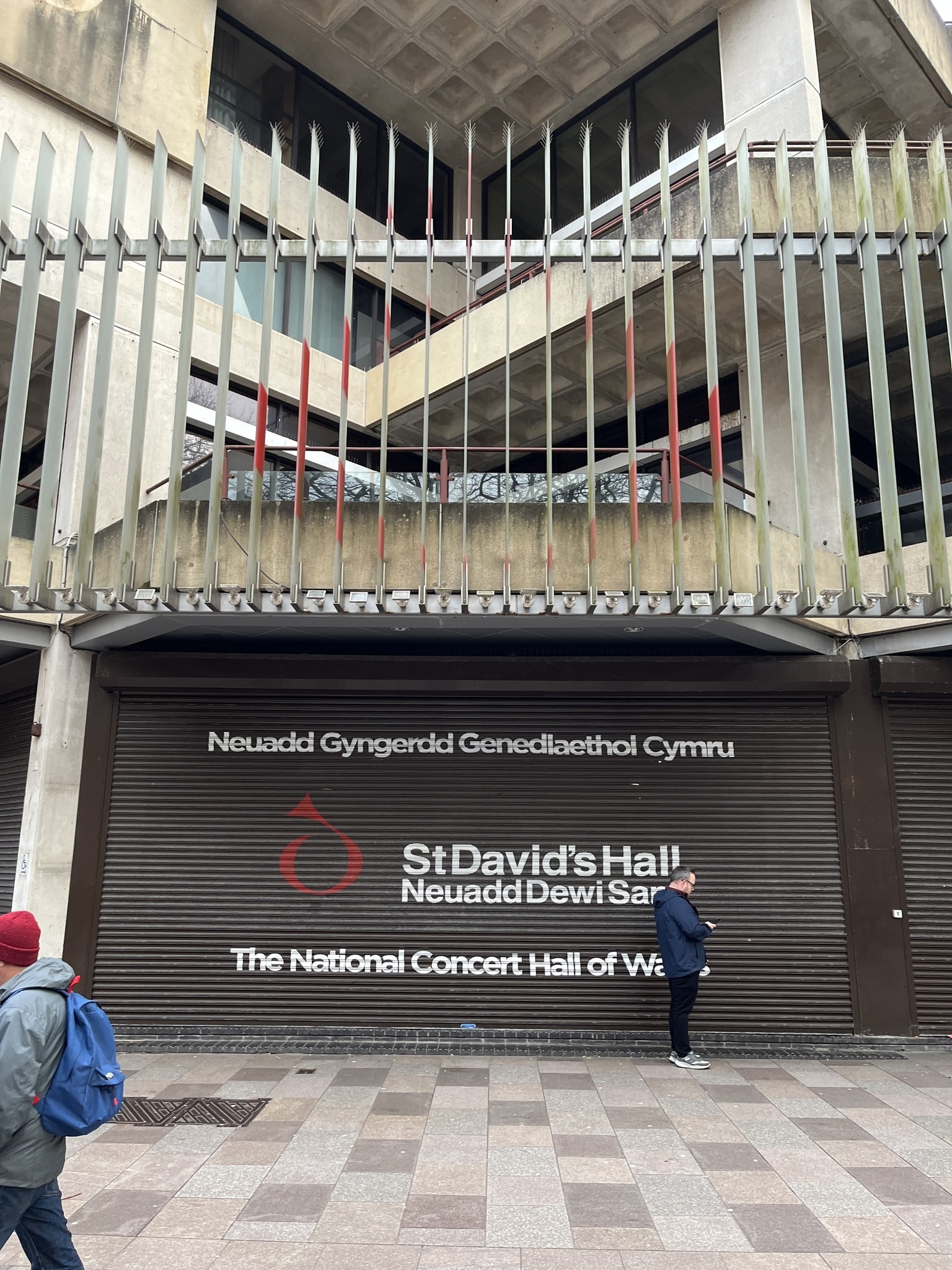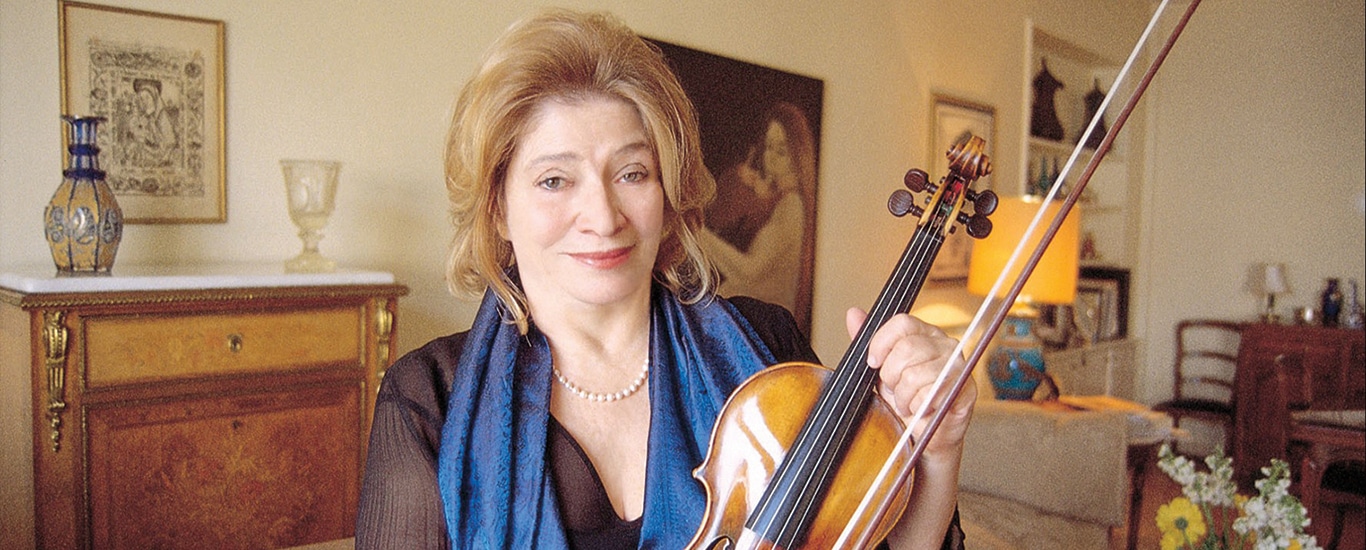Orchestra makes its entire season free to students
mainThe St. Paul Chamber Orchestra has announced that school and college students can come to all concerts for free, so long as they book tickets in time.
The announcement says they can start booking from today, on the website.
Students up to 17 need to be accompanied by a ticket-bearing adult; college students will be asked to show ID.
It’s a bold idea. More here.






I guess we want to teach students we have no value. Letting students to come for free to EVERY concert is a horrible idea, and while on the surface they think they “will hook young people into becoming future subscribers to the chamber orchestra.” , if you look at the price of a subscription for 16 concerts it’s $807! Right from free to $807, won’t happen. We complain when businesses like restaurants ask musicians to play for free (as we should) so all we are fostering is that what musicians do have no value and music SHOULD be free. Students spend money, like at the movies, at the theatre, at art galleries even at …wait for it…concerts! I mean make them pay something, anything, like even $5 which they will spend on a double whip mocha latte without even blinking. This just makes us look desperate not generous. How about 2 free concerts a semester, a pay what you can donation series (like Saturday nights at the Guggenheim, which actually cultivates philanthropy) buy one get 2 free, but every one of them free? This is the definition of a hail mary. If it doesn’t work to get more students what next…we pay them to come?
During my days as a flute performance major at the UofM I would have been very grateful for free access to concerts of the caliber of the SPCO. I can recall how I scraped to purchase nose-bleed seating tickets to the then truly awful (pre-Vanska) MO, just to hear their repertoire performed.
With all due respect, also, I think your position is really short-sighted. These students will not only have a great appreciation for the SPCO but some will become patrons as well.
This looks like a win-win to me. 🙂
This move by the SPCO is simply a bold, confident idea. It will enable greater access (naturally with the aim of fostering greater interest) in a group of people who aren’t typically as drawn to our medium; especially when compared to other demographics. Students in general have considerably less money to spend than other demographics, so this demonstrates a savvy, understanding approach on the part of the SPCO. What a ridiculous, overly capitalistic argument it is to assume that by just by giving a concert a price we instill the music as having value to someone. Show the students the work and they will see its value; we work to cultivate, not control, a new audience.
We’re in this to share it with as many people as we can; again, to cultivate. Yes, we must make a living – artists must be paid well, orchestral music must be shown as greatly valuable. But this program is financed by donations being given to the orchestra, because people where so convinced of the music’s value that they were compelled to give to this particular organization. This is enabling future instances of such convincing, if you will. Lazy, hasty, reductive condescension such as the above comment by Mr. Spigelman is exactly how you narrow a fine art form’s audience, not nurture. So many see classical music as lacking intimacy and being forced in respect because we don’t allow people to find the music; we too often assert categorically that this is the greatest music ever written, without letting those find it who might, to see what they will make of it themselves.
This is a beautifully human move, and the SPCO is wise to pursue it.
Maybe in America students spend money but not in England – they just don’t have it unless one has a rich daddy to.pay the bills!!. Either way students now have no excuse not to hear go to these concerts – particularly if the are music students. A great and generous move by all concerned – bold and generous. Always pays to.be generous in this life, particularly if there are otherwise empty seats.
I think it is a great idea, as long as it doesn’t take too much out of the budget. The musicians took a huge pay cut after the lockout, and are making incremental progress, but more is needed to be competitive with other orchestras and the cost of living in the Twin Cities. Cleveland Orchestra has a similar program, and it was subsidized by a generous donation of $20 million from one family. How much of this program has been subsidized by their donors?